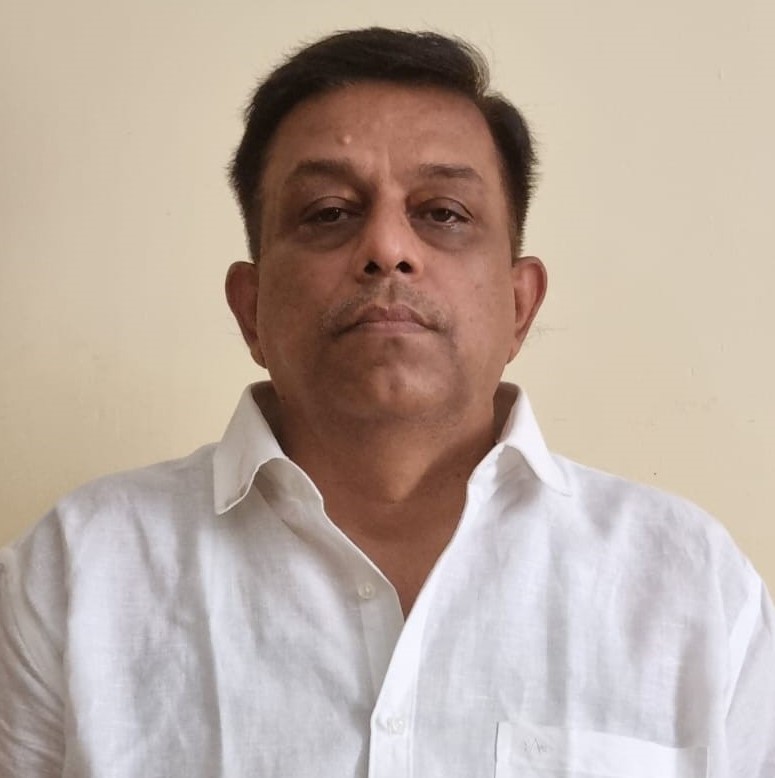Ban on Jamaat may not affect political fortunes of the BNP
The most powerful fundamentalist party in Bangladesh, Jamaat-e-Islami, has been banned by the Bangladesh High Court bench in a verdict pronounced on 1 August 2013. This ban was in response to a public Interest litigation filed by Rezaul Haque Chandpuri who is secretary general of Bangladesh Tariqat Federation along with 24 others on January 25, 2009. The verdict has come at a time when Jamaat has also been facing pressure from secular protestors who have been demanding ban on the party for its role during liberation war, where it sided with Pakistan, opposed liberation of the country and committed crimes against humanity. Though this verdict makes the political future of Jamaat uncertain, it may not affect the political fortunes of the main opposition Bangladesh Nationalist Party (BNP).
Registration of political parties was made compulsory during the period of the military backed caretaker government in 2008. This resulted in the registration of 38 political parties including Jamaat but now has been declared illegal on the ground that it is not in sync with the secular constitution of Bangladesh. The court has found section 2(5) of Jamaat charter in conflict with article 65(1) of the Bangladeshi constitution. Jamaat’s charter does not acknowledge the sovereignty and absolute power of the people of Bangladesh. It does not accept the undisputed power of the people’s representatives to make laws. The party also has offices abroad in violation of the country’s constitution. It has styled itself after Egypt’s Muslim brotherhood. While the verdict bans Jamaat from contesting next year’s election, the party can re-register to make it conform to the constitution of Bangladesh.
It is feared that this verdict could incite violence in a politically volatile country reeling under pressure from several fundamentalist organizations over war crime trials in which top Jamaat leaders are being prosecuted. Altogether six verdicts have been pronounced so far. Four Jamaat leaders have been condemned to death for murder, rape and religious persecution and two others have been given long years of imprisonment. The Jamaat’s anti-national role during 1971 liberation war has been described in detail by the war crimes tribunals in their judgments. The International Crimes Tribunal (ICT) called Jamaat a criminal organization while delivering the verdict after the trial of Ghulam Azam. Jamaat however considers these trials as sham and alleges that they are aimed at eliminating the party which has emerged as an important opposition force.
In its latest report, the US-based Human Rights Watch, claims that in the violence incited by Jamaat, in the aftermath of war crime trials, nearly 150 people have been killed. About 50 people were allegedly killed in Dhaka on May 5-6, 2013 when police used force to disperse activists of Hefajat-e-Islam, another fundamentalist organization. The Hefajat protestors were demanding hanging of leaders of Shahbagh movement whom they accused of blasphemy. They also demanded ban on mixing of men and women.
The high court verdict has made Jamaat’s political future uncertain but is allowed to indulge in political activities like organizing rallies and campaign for the BNP candidates in the forthcoming elections. They did this to great effect, along with Hefajat-e-Islam, in the recent city elections. In any case, the Jamaat has always given precedence to propagating its ideology and Islamizing the society than to directly ruling the country under democracy. Its founder Moulana Maudidi believed that Islamic state would be far more stable if it is preceded by Islamizing of society.
However, contesting direct elections and having representatives in parliament gives immense political influence to Jamaat though it gets only five to seven percent of the votes polled. Jamaat may not like this political influence to go. Immediately, after the verdict Jamaat’s counsels stood before the bench and prayed for issuing certificate so that they can directly appeal to the Supreme Court against the judgment. The court has agreed to this.
In the past, the Jamaat has made some changes to its charter, for instance it has now included democracy, though the party’s ultimate objective is to implement Islamic rule or Sharia in the country. It remains to be seen how it will reconcile with issues like the rule of Allah. Any further changes will also have to consider its views on the role of women and minorities in the party. Presently, the party charter says that no woman or person from any other religion could be the head of Jamaat. This provision again violates the constitution of Bangladesh which prohibits such discriminations. Jamaat can also try to change the Representation of the People Order (RPO) if the BNP comes to power with the required majority. However, the BNP may not oblige Jamaat. The banning of Jamaat will keep them out of electoral politics. This is an ideal situation for the BNP whereby they will get the political support of the Jamaat without sharing any political power with them.
Views expressed are of the author and do not necessarily reflect the views of the IDSA or of the Government of India.








